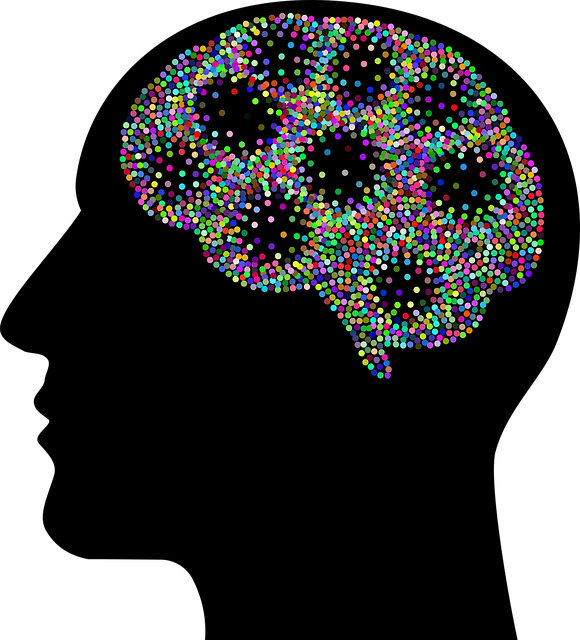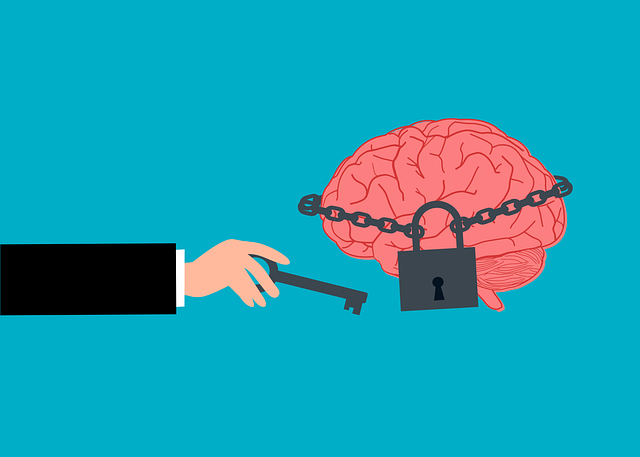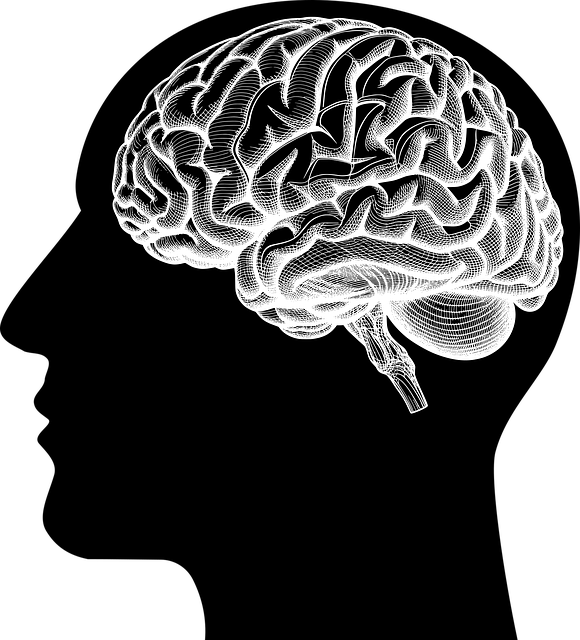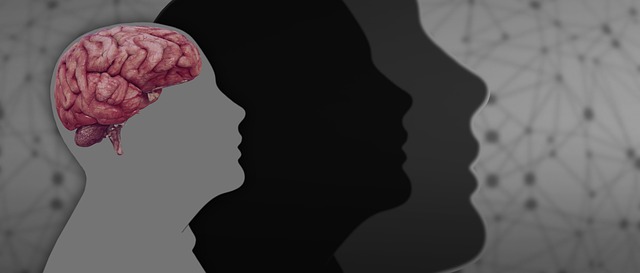Northglenn Pain Management Therapy offers comprehensive Social Skills Training, a holistic approach to mental health care. This program addresses communication barriers, emotional regulation difficulties, and low confidence often associated with anxiety, depression, and trauma. Through specialized training, cultural competency, and community outreach, Northglenn provides essential tools for navigating social situations, improving connections, and enhancing quality of life. Their tailored programs integrate mindfulness, boundary setting, and mental wellness coaching to empower individuals in managing their conditions effectively.
Social skills training is a powerful tool in supporting individuals with mental health conditions. This comprehensive guide explores the intricate link between social interactions and mental well-being, highlighting challenges faced by those struggling with various conditions. We delve into the transformative benefits of structured training programs, focusing on key components that foster growth.
Northglenn Pain Management Therapy takes a pioneering approach by integrating social skills development into treatment plans, offering a holistic path to recovery and enhanced social integration.
- Understanding the Connection Between Social Skills and Mental Health
- Identifying Challenges in Social Interactions for Individuals with Mental Health Conditions
- Benefits of Social Skills Training for Mental Health Recovery
- Key Components of Effective Social Skills Training Programs
- Northglenn Pain Management Therapy: Integrating Social Skills Training into Treatment Plans
Understanding the Connection Between Social Skills and Mental Health

Social skills training plays a pivotal role in managing mental health conditions, as it helps individuals navigate and connect with their social environments more effectively. Mental health challenges often lead to difficulties in interpersonal interactions, which can exacerbate feelings of isolation and distress. By focusing on improving communication, empathy, and emotional regulation skills, social skills training serves as a powerful tool in Northglenn Pain Management Therapy.
This type of training goes beyond mere small talk; it delves into the heart of building meaningful connections, fostering compassion cultivation practices, and providing trauma support services. Stress reduction methods are often integrated to help individuals manage their responses in social situations, thereby promoting overall well-being. Through these practices, individuals can develop the resilience needed to handle social stressors and improve their quality of life.
Identifying Challenges in Social Interactions for Individuals with Mental Health Conditions

Many individuals with mental health conditions face unique challenges when it comes to social interactions due to their illness’s impact on emotional regulation, communication styles, and overall confidence. This can significantly affect their ability to navigate social situations, leading to feelings of isolation and further exacerbating their mental health struggles. For instance, conditions like anxiety disorders or depression might cause individuals to withdraw from social activities, struggle with maintaining conversations, or interpret social cues incorrectly.
Northglenn Pain Management Therapy recognizes these challenges and emphasizes the importance of addressing them through specialized training. Healthcare providers play a crucial role in supporting patients’ social reintegration by enhancing their cultural competency skills. This involves learning to recognize and adapt to individual differences, including those shaped by diverse cultural backgrounds and mental health experiences. Additionally, Burnout Prevention Strategies for Healthcare Providers are integral to this process, ensuring professionals can sustain empathy and effective communication over time. Community Outreach Program Implementation can also foster a supportive network, encouraging social connections and providing practical resources for individuals navigating their mental health journeys.
Benefits of Social Skills Training for Mental Health Recovery

Social Skills Training (SST) offers a multitude of benefits for individuals navigating mental health conditions, serving as a powerful tool in their recovery journey. SST provides a safe and supportive environment where participants can practice and develop essential social interaction skills, often lacking due to anxiety, depression, or other mental health challenges. By learning effective communication techniques, active listening, and appropriate body language cues, individuals gain confidence in social settings, fostering better connections with peers and authority figures alike.
This structured approach, tailored by professionals at Northglenn Pain Management Therapy, goes beyond mere conversation; it focuses on building resilience to stress, enhancing emotional regulation, and promoting positive thinking. The integration of SST into mental health care is a game-changer, as it equips individuals with the tools to manage social situations that may have once triggered distress or avoidance behaviors. Through regular practice and feedback, participants can improve their overall quality of life, better managing stress through Stress Management Workshops Organization programs and cultivating a sense of belonging, which is integral to mental wellness according to Mental Wellness Coaching Programs Development experts.
Key Components of Effective Social Skills Training Programs

Effective social skills training programs for mental health conditions are multifaceted and tailored to address specific needs. At Northglenn Pain Management Therapy, we emphasize Emotional Regulation as a core component, equipping individuals with tools to manage and express their emotions healthily. This involves teaching mindfulness techniques, such as deep breathing exercises, to help participants gain control over impulsive reactions.
Another vital aspect is Burnout Prevention, focusing on setting boundaries and prioritizing self-care. Through role-playing scenarios and group discussions, participants learn to navigate social interactions with resilience, avoiding exhaustion from emotional labor. Moreover, these programs often incorporate Mental Wellness Coaching Programs Development to foster personalized growth. Mentors guide individuals in identifying their unique strengths and challenges, promoting self-awareness and building confidence in social settings.
Northglenn Pain Management Therapy: Integrating Social Skills Training into Treatment Plans

Northglenn Pain Management Therapy offers a holistic approach to patient care by seamlessly integrating Social Skills Training into their treatment plans. Recognizing that mental health conditions can often isolate individuals and hinder effective communication, this program aims to empower patients with essential social skills. Through tailored sessions, clients learn compassion cultivation practices, fostering inner strength development and enhancing communication strategies.
By combining evidence-based therapeutic techniques with these vital life skills, Northglenn Pain Management Therapy enables individuals to better navigate social interactions, improve relationships, and enhance their overall well-being. This comprehensive approach ensures that patients not only manage their pain but also develop the tools needed for a more fulfilling and connected life.
Social skills training plays a pivotal role in mental health recovery, addressing the unique challenges faced by individuals with various conditions. By integrating these programs into treatment plans, such as those offered at Northglenn Pain Management Therapy, healthcare professionals can empower patients to navigate social interactions with confidence and improve their overall well-being. This holistic approach recognizes that enhancing social abilities is not only beneficial for mental health but also contributes to a more fulfilling and connected life.














